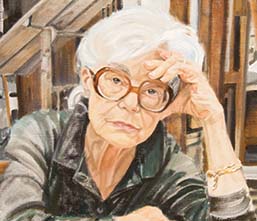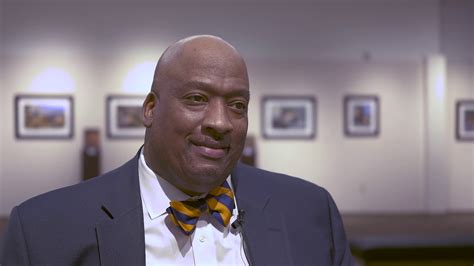A Quote by David Shields
I'm not interested in collage as the refuge of the composition-ally disabled. I'm interested in collage as (to be honest) an evolution beyond narrative.
Related Quotes
God is not interested in what you think you should be or feel. He is not interested in the narrative you construct for yourself, or that others construct for you. Rather, He is interested in you, the you who suffers, the you who inflicts suffering on others, the you who hides, the you who has bad days (and good ones). And He meets you where you are.
The left hemisphere is very interested in language; it communicates in words, it has a past, a present, and a future; it has a time component and it's all about details. The right hemisphere is more about the right now-right here experience where everything is an enormous collage of all the sensory systems flooding into our brains.































